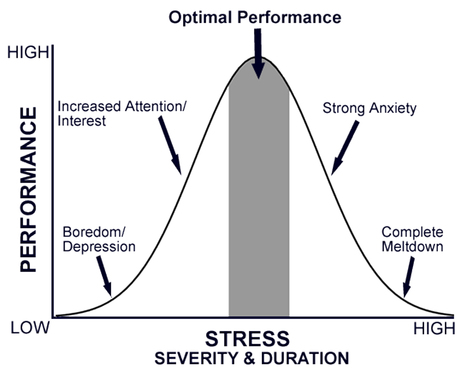It’s no understatement that digital mediums have taken over every aspect of our lives. We check what our friends are doing on the glowing screens in our hands, read books on dedicated e-readers, and communicate with customers and clients primarily through email. Yet for all the benefits digital mediums have provided us, there has been a growing body of evidence over the past several years that the brain prefers analog mediums.
Studies have shown that taking notes by longhand will help you remember important meeting points better than tapping notes out on your laptop or smartphone. The reason for that could be that “writing stimulates an area of the brain called the RAS (reticular activating system), which filters and brings clarity to the fore the information we’re focusing on,” according to Maud Purcell, a psychotherapist and journaling expert. If that’s the case, and the analog pen really is mightier than the phone, it’s no wonder some of my colleagues have ditched smartphones for paper planners.
Via The Learning Factor



 Your new post is loading...
Your new post is loading...



















Studies show that reading printed material instead of on screens helps you better retain information.
Slow down and take more time reading the material, and you might absorb the information.